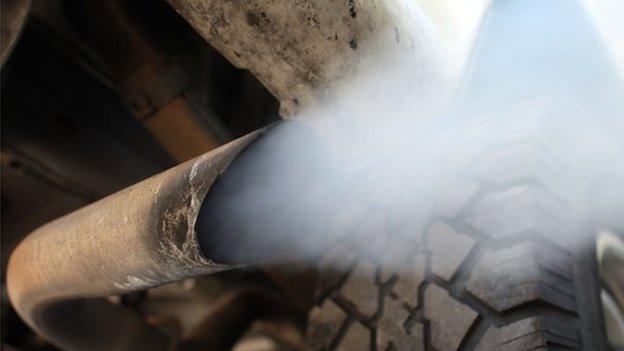Bristol council could be 'forced' to charge polluting drivers
- Published
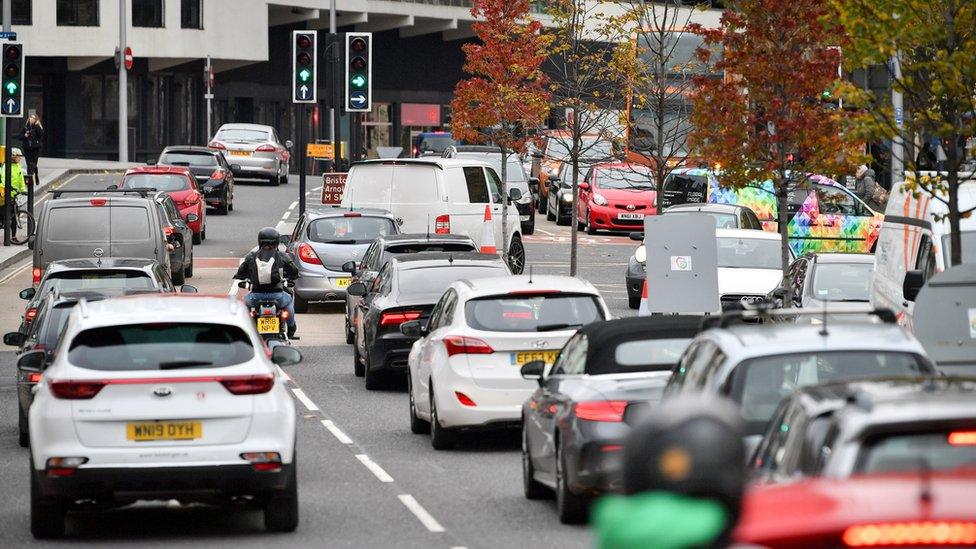
Bristol City Council is under a legal obligation to reduce air pollution in the city
Owners of the most polluting vehicles may have to pay to drive in Bristol, if the city council is forced to submit plans for a charging zone next year.
The authority proposed a ban on diesel cars in the city last year but said it had been ruled out by the government.
Now in a bid to reduce nitrogen dioxide (NO2) levels to within legal limits, the council said it may have to bring in a "small" clean air charging zone.
But mayor Marvin Rees said it was still pursuing a "non-charging option".
Bristol City Council is under a legal obligation to reduce air pollution in the city by lowering toxic NO2 levels as quickly as possible, the Local Democracy Reporting Service said.
The authority must submit its final plans to the government for reducing traffic air pollution in the city by February 2021.
Those plans must include a clean air zone (CAZ) which charges polluting vehicles, unless the council can prove by then that it has found a quicker way to reduce roadside NO2 levels to within legal limits.
The authority hopes not to have to introduce a CAZ if it can sustain the better air quality seen during the coronavirus pandemic.
"If after testing these measures, a charging clean air zone is still required for us to reduce NO2 levels to within legal limits as quickly as possible, then Bristol City Council would propose a small zone rather than medium area," a spokesman said.
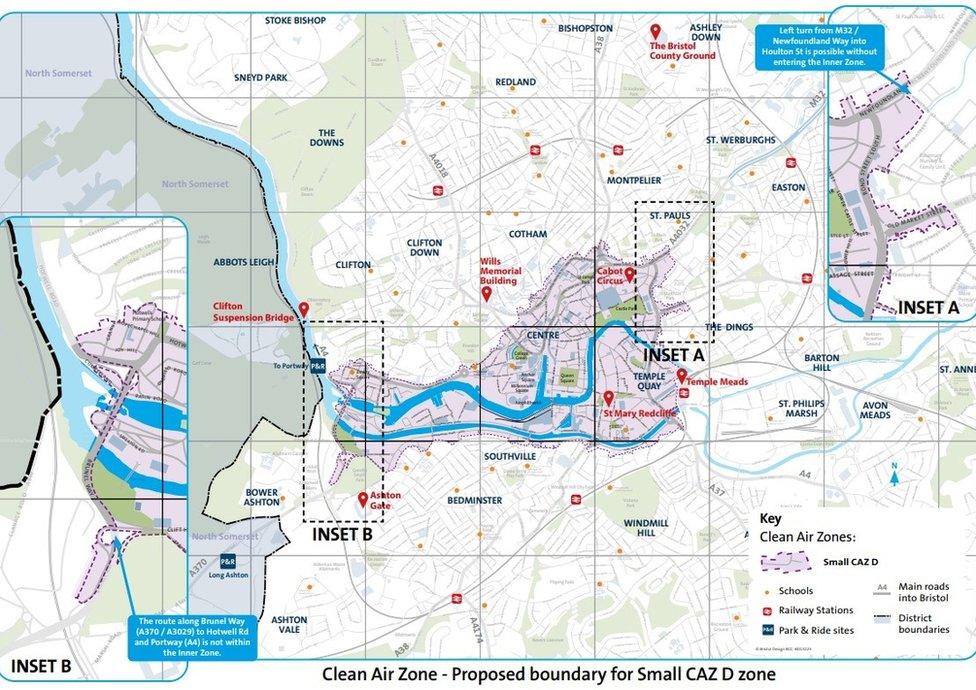
The "small zone" refers to a boot-shaped area in the heart of the city that was previously set aside for the council's proposed diesel ban
Mr Rees, said the council wanted to avoid "adding an additional financial pressure on households and businesses".
"We think if we can come up with a non-charging means of getting us to compliance, that is the best for everyone," he said.
"We've got the backstops but we're pursuing the best possible option of non-charging."
The Department of Environment, Food and Rural Affairs (Defra), said the city had "recently provided evidence" that showed a diesel car ban "was no longer needed to deliver the required improvements".
"The environment minister wrote to Bristol City Council last month and signed a direction to say they must implement a Clean Air Zone charging buses, taxis, HGVs and vans, with an inner zone which also charges private cars," it said.
- Published2 February 2020
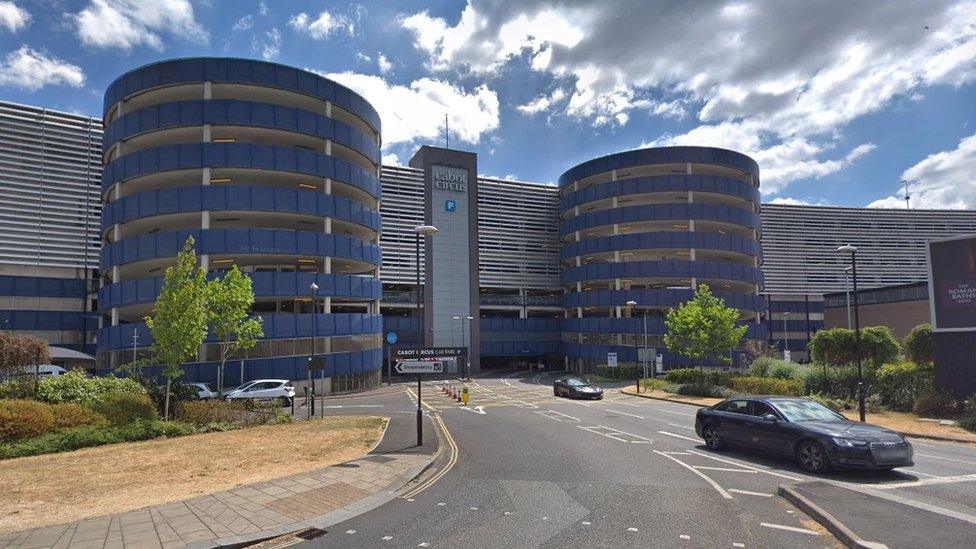
- Published3 November 2019
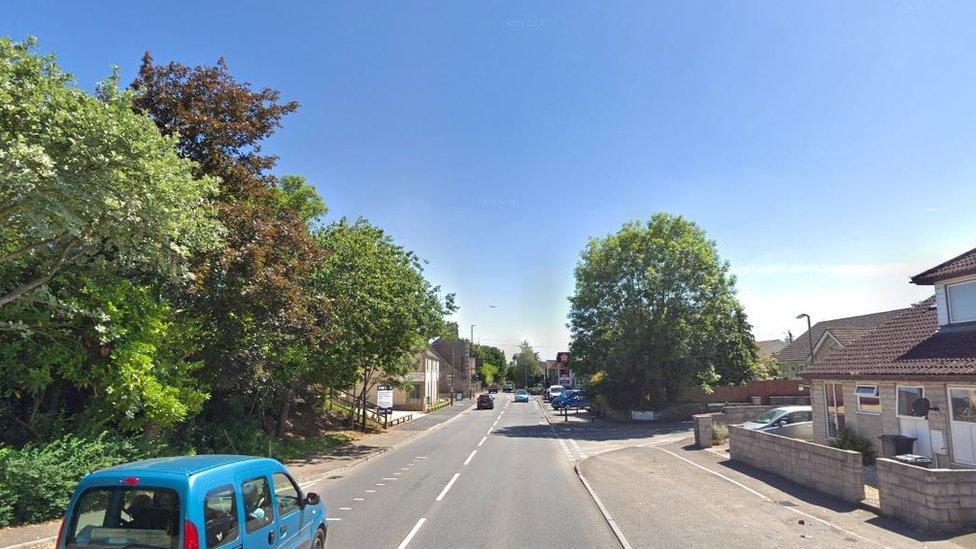
- Published5 November 2019
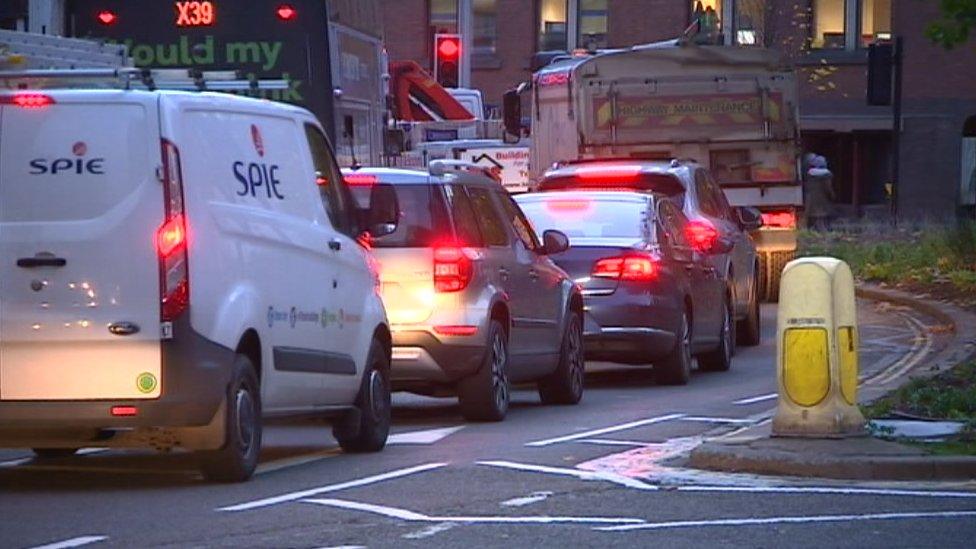
- Published29 October 2019
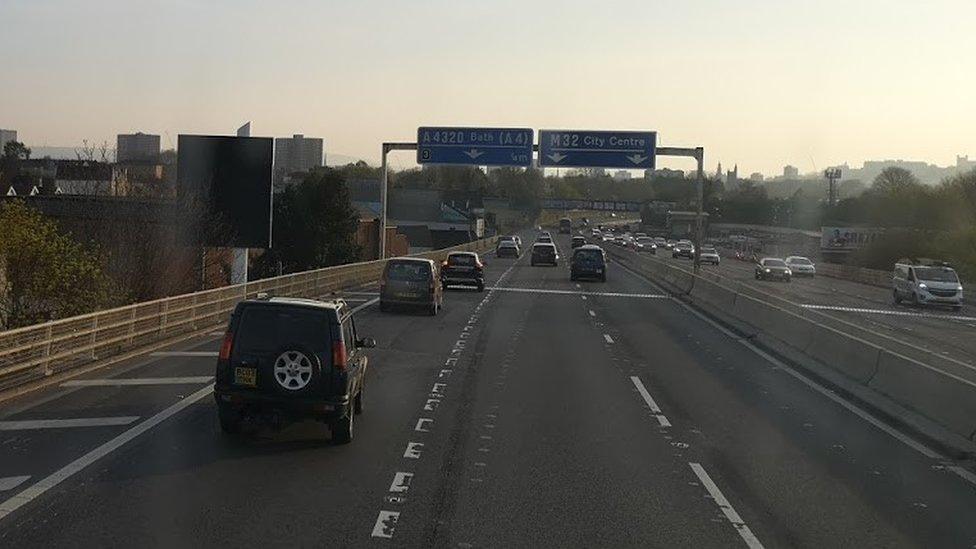
- Published21 February 2019
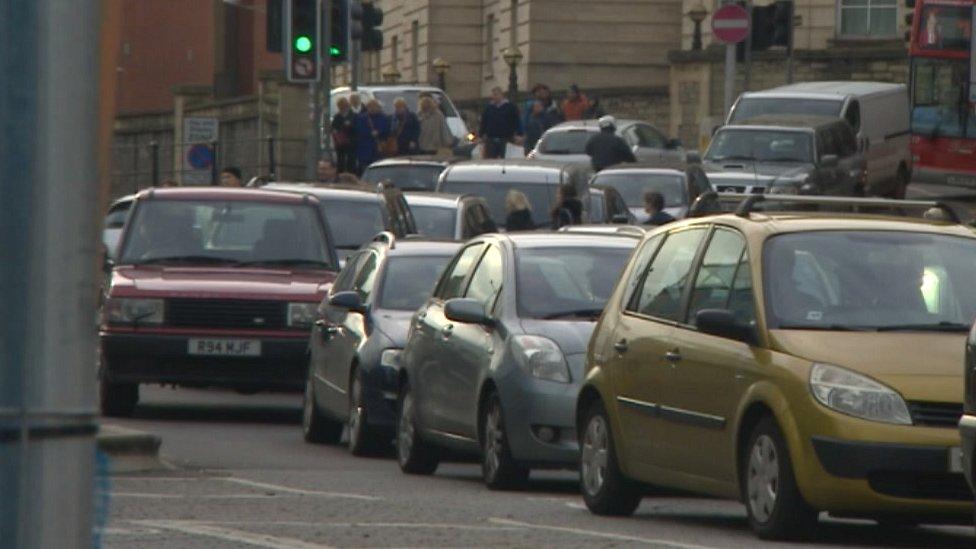
- Published8 August 2017
